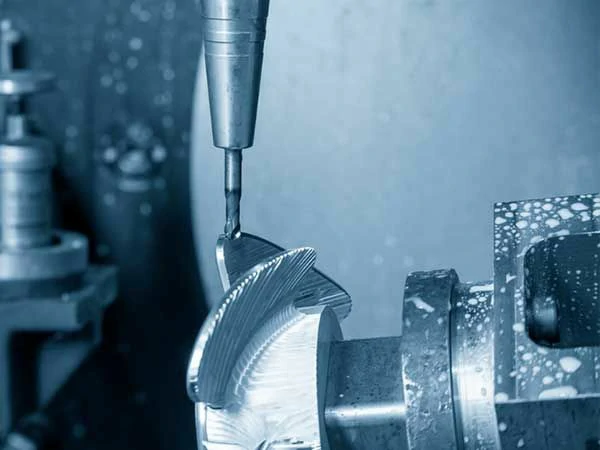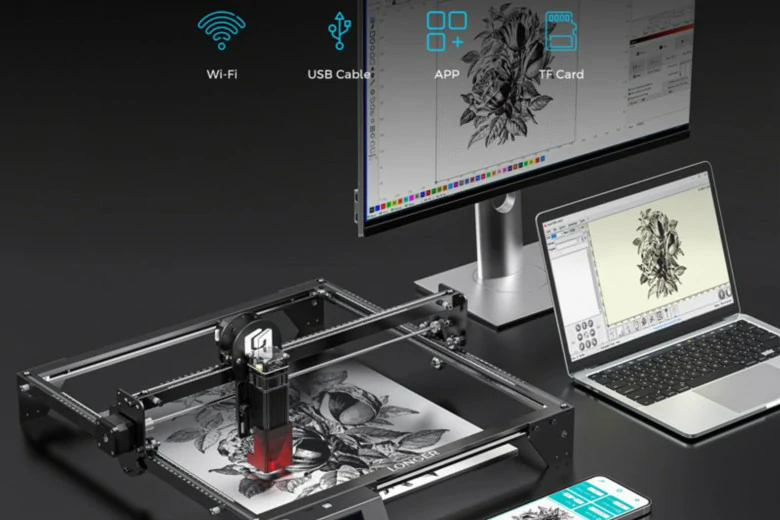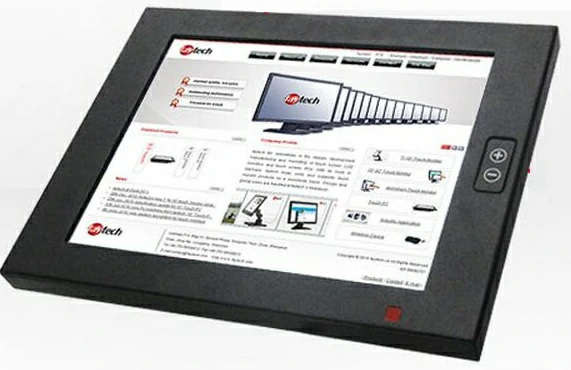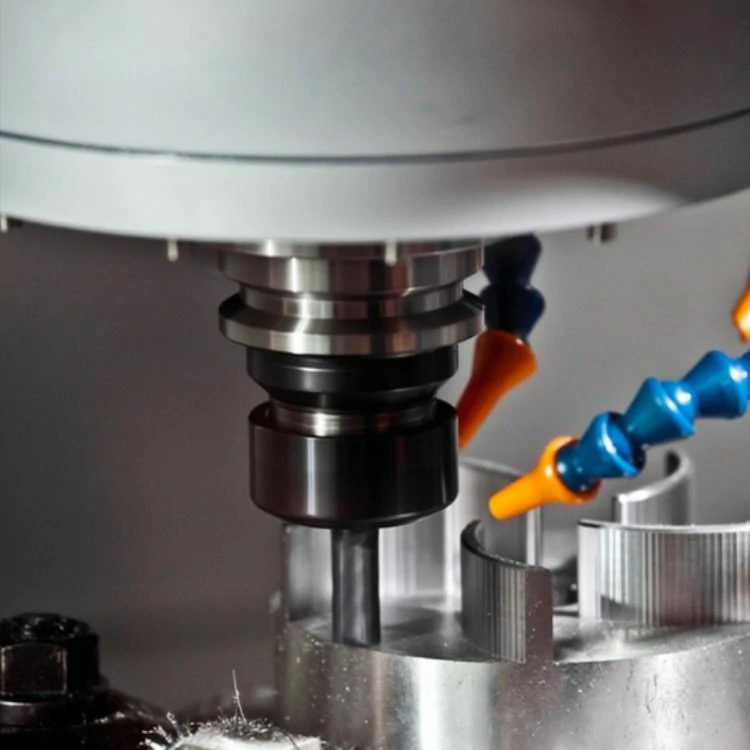In recent years, the demand for lightweight, durable, and high-performance battery casings has increased significantly. Aluminum alloy battery casings have emerged as a popular choice due to their excellent properties, such as corrosion resistance, high strength-to-weight ratio, and good thermal conductivity. Custom processing of these casings using Computer Numerical Control (CNC) technology has revolutionized the manufacturing process by providing precise and efficient production capabilities. This article explores the benefits and applications of CNC custom processing for aluminum alloy battery casings.
1. Overview of Aluminum Alloy Battery Casings:
Aluminum alloys, known for their low density and excellent mechanical properties, have become widely used in various industries. In the context of battery casings, aluminum alloys offer superior performance compared to traditional materials like steel or plastics. Their corrosion resistance makes them ideal for use in electric vehicle batteries, portable electronic devices, and renewable energy storage systems.
2. Introduction to CNC Custom Processing:
CNC technology involves the use of computerized machines to automate the manufacturing process. It offers precise control over cutting, shaping, and drilling operations, ensuring accurate production with minimal human intervention. CNC custom processing enhances the efficiency and quality of aluminum alloy battery casing production.
3. Benefits of CNC Custom Processing for Aluminum Alloy Battery Casings:
a. Precision: CNC machines operate based on digital designs and instructions, resulting in high precision and exact replication of complex shapes and patterns. This ensures consistent quality across multiple battery casings, which is crucial for compatibility and reliability.
b. Versatility: CNC machines can process aluminum alloys in various forms, including sheets, extrusions, and castings. This versatility enables manufacturers to create battery casings of different sizes and designs, catering to diverse market requirements.
c. Efficiency: CNC technology significantly reduces production time, as it can perform multiple machining operations simultaneously. The automation of processes, such as cutting, drilling, and milling, eliminates the need for manual labor, resulting in faster turnaround times and increased productivity.
d. Cost-effectiveness: By streamlining the manufacturing process and reducing waste, CNC custom processing reduces overall production costs. The elimination of human errors also minimizes the risk of rework or product rejection, further reducing expenses.
4. Applications of Aluminum Alloy Battery Casings:
a. Electric Vehicles (EVs): Aluminum alloy battery casings offer lightweight solutions for EV manufacturers, contributing to increased driving range and energy efficiency. Additionally, their high thermal conductivity helps dissipate heat generated during charging and discharging processes, ensuring optimal battery performance and longevity.
b. Portable Electronics: With the rise in demand for smartphones, tablets, and wearable devices, aluminum alloy battery casings provide durable protection for the internal components. Their lightweight yet robust nature makes them suitable for consumer electronics that require long-lasting battery life.
c. Renewable Energy Storage: Solar panels and wind turbines rely on efficient energy storage systems. Aluminum alloy battery casings, combined with CNC custom processing, enable the production of reliable and durable batteries for storing renewable energy.
Conclusion:
The custom processing of aluminum alloy battery casings using CNC technology has revolutionized the manufacturing process, offering precision, versatility, efficiency, and cost-effectiveness. These casings find extensive applications in electric vehicles, portable electronics, and renewable energy storage systems. As the demand for lightweight and high-performance battery casings continues to grow, CNC custom processing will play a crucial role in meeting market needs while maintaining the highest quality standards.



